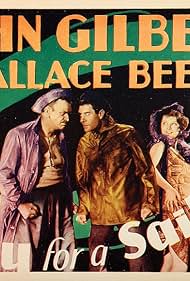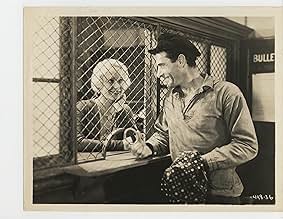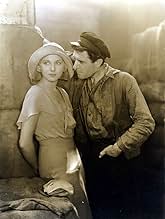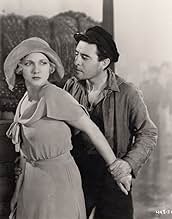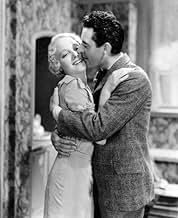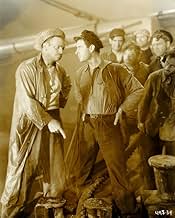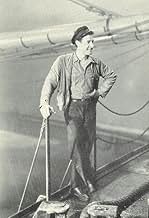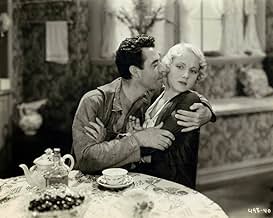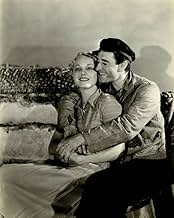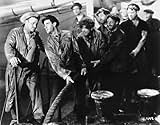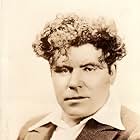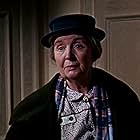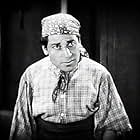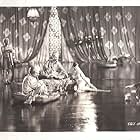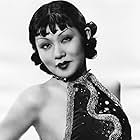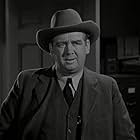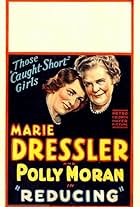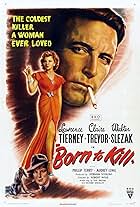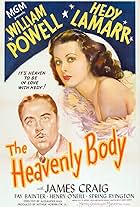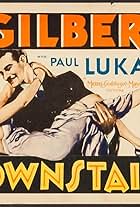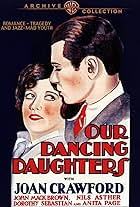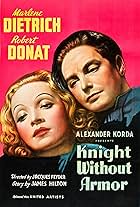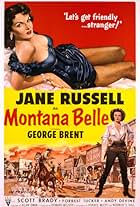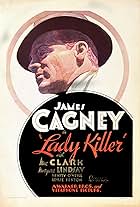Jack, a sailor, persistently pursues Joan with gifts and marriage trickery despite her rejections. After marrying under false pretenses, Joan leaves Jack. He then tries to win her back amids... Read allJack, a sailor, persistently pursues Joan with gifts and marriage trickery despite her rejections. After marrying under false pretenses, Joan leaves Jack. He then tries to win her back amidst rocky circumstances.Jack, a sailor, persistently pursues Joan with gifts and marriage trickery despite her rejections. After marrying under false pretenses, Joan leaves Jack. He then tries to win her back amidst rocky circumstances.
Robert Adair
- Seaman Collecting Pay
- (uncredited)
Alice Belcher
- London Wharf Floozie
- (uncredited)
Daisy Belmore
- Canadian Queen Passenger
- (uncredited)
Herbert Evans
- Ship's Officer
- (uncredited)
John George
- Dwarf
- (uncredited)
Tiny Jones
- Pub Customer
- (uncredited)
Sôjin Kamiyama
- Singapore Brothel Proprietor
- (uncredited)
Lena Malena
- Singapore Party Girl
- (uncredited)
Ray Milland
- Ship's Officer
- (uncredited)
Toshia Mori
- Singapore Party Girl
- (uncredited)
Pat Moriarity
- Seaman
- (uncredited)
Desmond Roberts
- Canadian Queen Captain
- (uncredited)
Storyline
Did you know
- TriviaThe system of rigging used to transfer the men from one ship to the other during the rescue is called a "breeches buoy."
- ConnectionsAlternate-language version of En cada puerto un amor (1931)
Featured review
...but let me warn you that the first half hour of this 85 minute film is a long hard slog. Gilbert plays "Jack", a sailor on a commercial line, who seems to have some kind of beef with fellow sailor "Tripod" (Wallace Beery), although the origin of this rift is never revealed. The boat lands, the sailors are on leave, and there is drunken brawl after drunken brawl for no reason. Someone will just insult someone else or break a bottle over someone's head for apparently no reason. Then everybody starts fighting. This got repetitive, plus the dawn of sound soundtrack is so bad that trying to hear these players speak, during storms, out of doors, in crowded bars, is nearly impossible. I had to rewind several times to get what was even going on. The bright spot in this part of the film - Polly Moran showing up all disheveled in a bar carrying a mallet of all things. Considering how rowdy things got and how quickly they got rowdy, maybe she was smart to be carrying a mallet after all.
During the next hour things improve considerably as the ship lands in London and we meet the object of Jack's affection, Joan (Leila Hyams), a clerk in the shipping company office. She wants nothing to do with him because he is a sailor. Hyams could have come off as snooty in this role, but she doesn't, even without an exact explanation of her rejection. I felt that she might have been hurt or lied to by a sailor before, or she might have seen that happen, enough that she is simply not going to consider a sailor as a suitor. The point is, she plays the part vulnerable and it works. Likewise, Gilbert's character, though rough around the edges, is actually likable. He wants to marry the girl, so his intentions are honorable. He just thinks that lying is OK in the pursuit of this honorable intention. It's at this point the first half hour of the film - which has seemed pointless up to now - begins to make sense. It shows the rough and tumble kind of temporary port to port life Jack is accustomed to and helps explain his actions. He borrows money from the other sailors, buys a suit, and gives Joan a total lie of a story about him quitting the sea and getting a job in the shipping office. Now on the surface this seems despicable, but then you think back to the first half hour and remember in Jack's world the end justifies the means. How does this work out? Watch and find out.
I'd say it is worth it to see that John Gilbert did understand how to act and project a character in the talkies, and also this film gives a supporting role to Wallace Beery that he was just made to play before MGM pretty much promoted him to leading man status after Min and Bill came out later in 1930.
During the next hour things improve considerably as the ship lands in London and we meet the object of Jack's affection, Joan (Leila Hyams), a clerk in the shipping company office. She wants nothing to do with him because he is a sailor. Hyams could have come off as snooty in this role, but she doesn't, even without an exact explanation of her rejection. I felt that she might have been hurt or lied to by a sailor before, or she might have seen that happen, enough that she is simply not going to consider a sailor as a suitor. The point is, she plays the part vulnerable and it works. Likewise, Gilbert's character, though rough around the edges, is actually likable. He wants to marry the girl, so his intentions are honorable. He just thinks that lying is OK in the pursuit of this honorable intention. It's at this point the first half hour of the film - which has seemed pointless up to now - begins to make sense. It shows the rough and tumble kind of temporary port to port life Jack is accustomed to and helps explain his actions. He borrows money from the other sailors, buys a suit, and gives Joan a total lie of a story about him quitting the sea and getting a job in the shipping office. Now on the surface this seems despicable, but then you think back to the first half hour and remember in Jack's world the end justifies the means. How does this work out? Watch and find out.
I'd say it is worth it to see that John Gilbert did understand how to act and project a character in the talkies, and also this film gives a supporting role to Wallace Beery that he was just made to play before MGM pretty much promoted him to leading man status after Min and Bill came out later in 1930.
Details
- Release date
- Country of origin
- Language
- Also known as
- Путь моряка
- Filming locations
- Production company
- See more company credits at IMDbPro
- Runtime1 hour 25 minutes
- Color
Contribute to this page
Suggest an edit or add missing content

